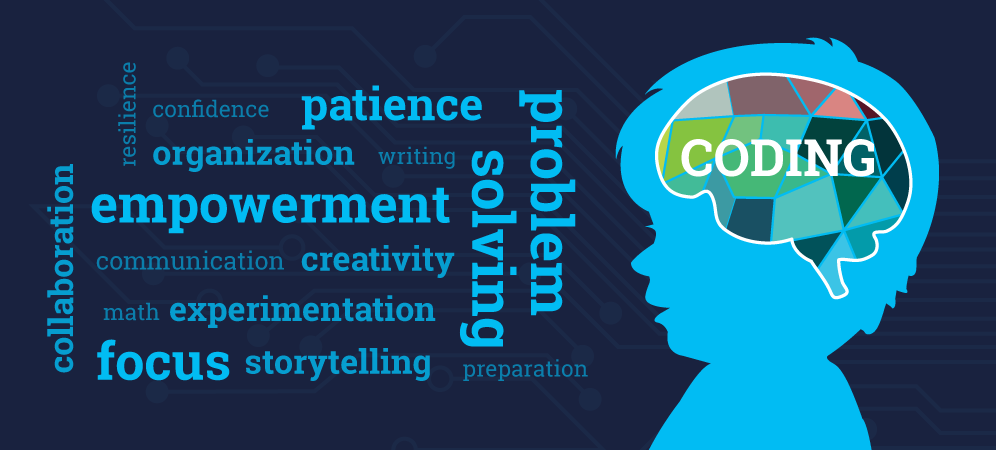When you do a pull request on a branch, you can continue to work on another branch and make another pull request on this other branch.
Before creating a new branch, pull the changes from upstream. Your master needs to be up to date.
$ git pull
Create the branch on your local machine and switch in this branch :
$ git checkout -b [name_of_your_new_branch]
Push the branch on github :
$ git push origin [name_of_your_new_branch]
When you want to commit something in your branch, be sure to be in your branch. Add -u parameter to set-upstream.
You can see all the branches created by using :
$ git branch -a
Which will show :
* approval_messages master master_clean
Add a new remote for your branch :
$ git remote add [name_of_your_remote] [name_of_your_new_branch]
Push changes from your commit into your branch :
$ git push [name_of_your_new_remote] [url]
Update your branch when the original branch from official repository has been updated :
$ git fetch [name_of_your_remote]
Then you need to apply to merge changes if your branch is derivated from develop you need to do :
$ git merge [name_of_your_remote]/develop
Delete a branch on your local filesystem :
$ git branch -d [name_of_your_new_branch]
To force the deletion of local branch on your filesystem :
$ git branch -D [name_of_your_new_branch]
Delete the branch on github :
$ git push origin :[name_of_your_new_branch]
The only difference is the: to say delete, you can do it too by using GitHub interface to remove branch: https://help.github.com/articles/deleting-unused-branches.
If you want to change default branch, it’s so easy with GitHub, in your fork go into Admin and in the drop-down list default branch choose what you want.
If you want create a new branch:
$ git branch <name_of_your_new_branch>
